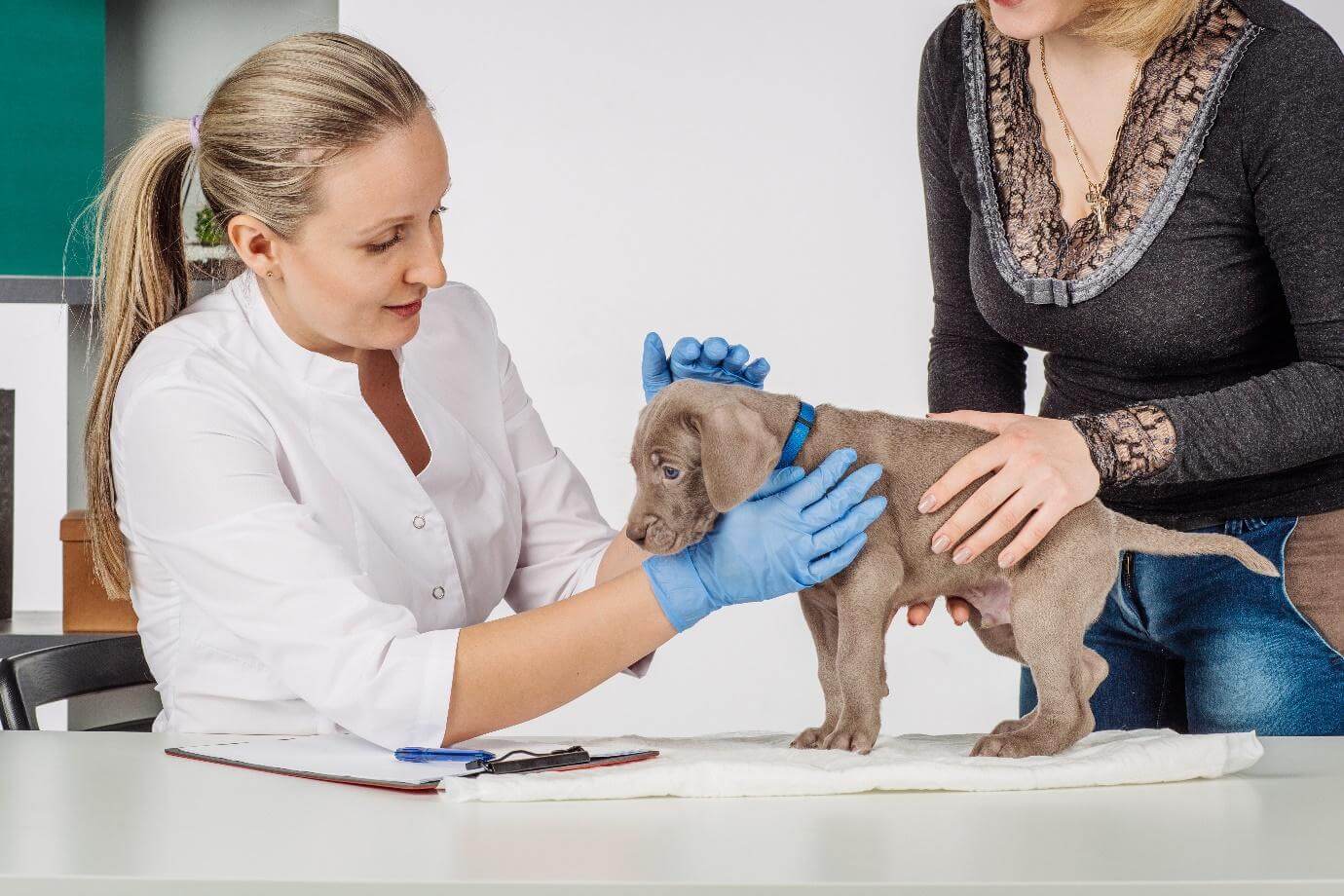Psychology is the scientific study of the mind and behaviour. It’s a relatively new discipline and has only been developed over the last 150 years or so. Although the roots of psychology stem from studying humans, animal psychology and behaviour is only just starting to get traction in the animal spheres.
What is an Animal Psychologist?
Animal Psychologists are often referred to as Veterinary Behaviourists or Animal Behaviourists. They specialize in companion animal behaviour, understanding their cognitive and behavioural needs.
In the UK, Animal psychologists must be registered with the (ABTC) Clinical Animal Behaviourists and Veterinary Behaviourists. Only then can they prove that they have had adequate training to work with animals.
Animal Psychologists are interested in:
- How animals interact with other animals (e.g. social groups, rival groups, predators and prey)
- How animals relate to the environment
- How animals interact with humans
An understanding of animal psychology can help in a variety of circumstances. It could be learning about how your pet cat is trying to communicate with you, or it could be working to put a dog at ease in a grooming parlour. You may even need to apply it to wild animals by taking care of the welfare of the animals at a zoo or safari park.
The knowledge of animal physiology and behaviour is a great skill to have in an animal workplace. Having a broad understanding of animal needs can help to promote and improve animal welfare. Animal Psychologists observe the behaviour of animals and recommend plans of action to help change ‘problem’ behaviour and improve animals’ mental wellbeing. The use of enrichment (providing interest and stimulation into an environment) can improve animal care and welfare.
Animal Behaviour
Animal psychology observes the behaviour of animals. There is high demand for animal behaviour specialists in a variety of settings. If you’re interested in learning more about animal behaviour, then we have a range of courses and qualifications for you to choose from. Learning about animal behaviour is a fascinating subject that any pet owner will be interested in. Studying animal behaviour will also help you in a variety of career options.
If you work or volunteer with cats or maybe care for cats at home, then our Feline Behaviour and Psychology Diploma Course will be of use to you.

Cats can be considered aloof creatures, so studying their behaviour is a fascinating subject. Having a good understanding of feline behaviour is essential for any feline related career. The course will allow you to learn all about:
- Feline Behaviour
- Feline Behaviour Problems
- Health and Behaviour
- Internal and External Influences on Feline Behaviour
If you’re interested in finding out how dogs think and learn, then we have just the right course for you. If you work with dogs or are planning to apply for roles in the future, then having a basic understanding of how canines learn will be very helpful. Our How Dogs Think and Learn course seeks to answer questions such as:
- Can dogs think?
- Are they able to perceive their world as humans do?
- Are dogs able to be self-aware or experience emotions?
This short course looks at canine learning and how emotion can play a large part in this. As part of this course, you will explore the classical and operant conditioning learning theories. Finally, you can put your learning together to come up with canine training programmes.
Our Companion Animal Behaviour Certificate is perfect for pet owners and those working or volunteering with companion animals to understand them better. Sadly, problem behaviour is one of the top reasons for a pet to be given up for adoption or rehomed. Most of the time, this is simply down to the owner not fully understanding their pet’s behaviour or catering to their individual needs. Therefore, if we can understand why problem behaviours occur in our pets, then we can change and influence that behaviour for the better. This, in turn, will prove the lives of the pet and us as animal caregivers.
This informative course explores the behaviour and psychology of the following popular companion animals:
- Dogs
- Cats
- Rabbits
Animal Body Language
A large part of understanding animals comes from understanding and making sense of their body language. This is useful both for pet owners and animal professionals. Making use of body language knowledge is important for anyone working with dogs.
Our Advanced Canine Body Language course is a short course that explores how dogs communicate. Once we understand this, we can learn how to read and respond to the canines we live and work with.
The course is suitable for:
- Dog Walkers
- Animal Hydrotherapists
- Veterinary Nurses
- Veterinary Receptionists
- Kennel staff
- Canine Massage Therapists
- Dog Trainers
- Canine behaviourists
Owners are increasingly looking for help in managing their pet dogs’ behaviour. If you’re interested in working in this sector and would like to qualify in canine behaviour management, we have a comprehensive Combined Canine Behaviour Management Diploma Ofqual Levels 3, 4, 5 and 6.

This Ofqual approved, combined package qualification is ideal if you’re aiming to work as a qualified Canine Behaviourist. This in-depth qualification is equivalent to a degree with honours (i.e., Bachelor of the Arts (BA) Hons, bachelor of science (BSc) Hons).
We’re excited to share examples of just some of the learning covered in this in-depth qualification which includes:
- The Human/Canine Bond – including working with unwanted behaviour problems.
- Canine Development – looking at canine life stages and puppy development.
- Interaction between Health and Behaviour – considering the role of nutrition, common pharmaceuticals, and the medical conditions that may impact canine health and behaviour.
- The Language of Dogs – exploring canine social structures, body language and non-verbal communication.
- Canine Cognition and Consciousness – investigating learning theories and their application in effective dog training.
- Consulting and Canine Behaviour Management – looking at how to prioritise management and health-related interventions to promote canine welfare.
So, as we’ve seen, Animal Psychologists and Behavioural Practitioners are hugely important for animal wellbeing. Their skills are invaluable in several professional environments. It is a discipline that we are continuing to learn more about all the time. As we understand more about animals and their behaviour, we can adapt our behaviour to help support the needs of animals and improve the world for the better.
Also, if you adore animals, you can keep track of all upcoming animal awareness days and events with our FREE calendar! Download it here.

















